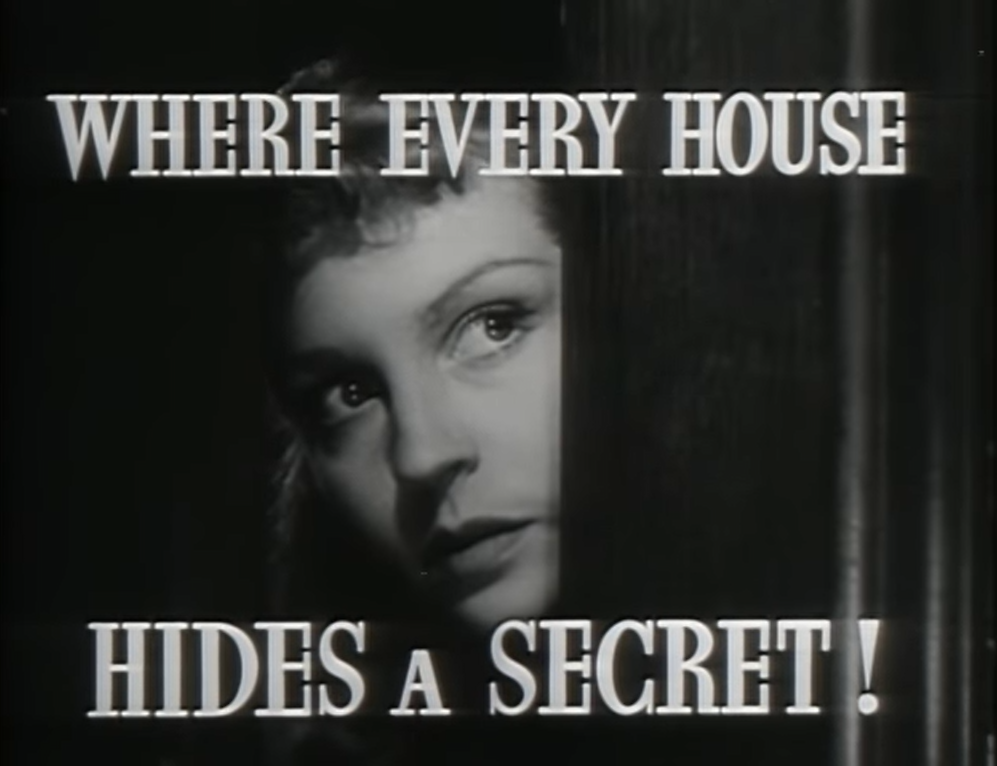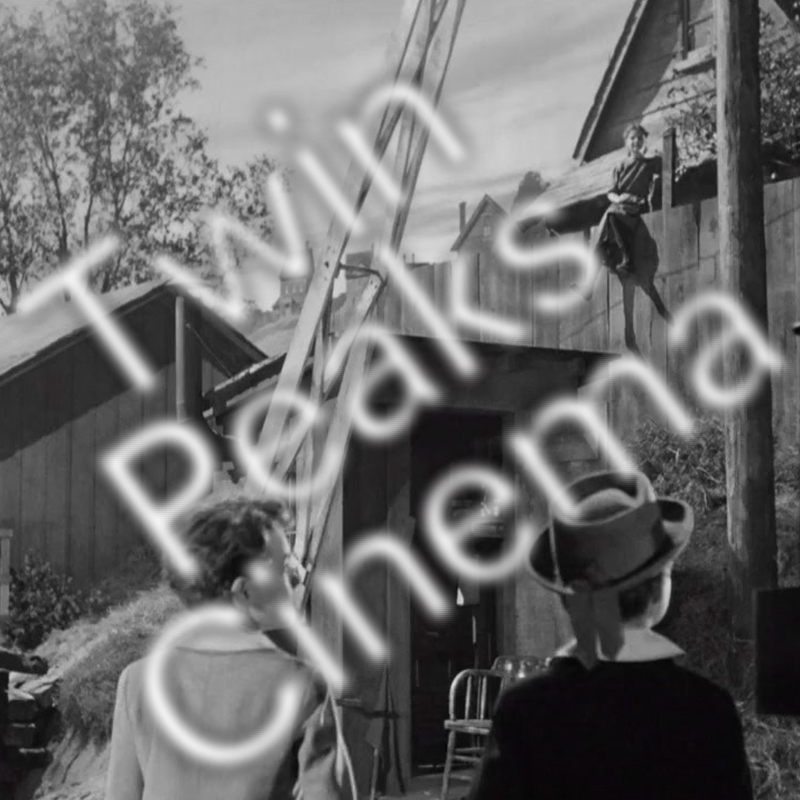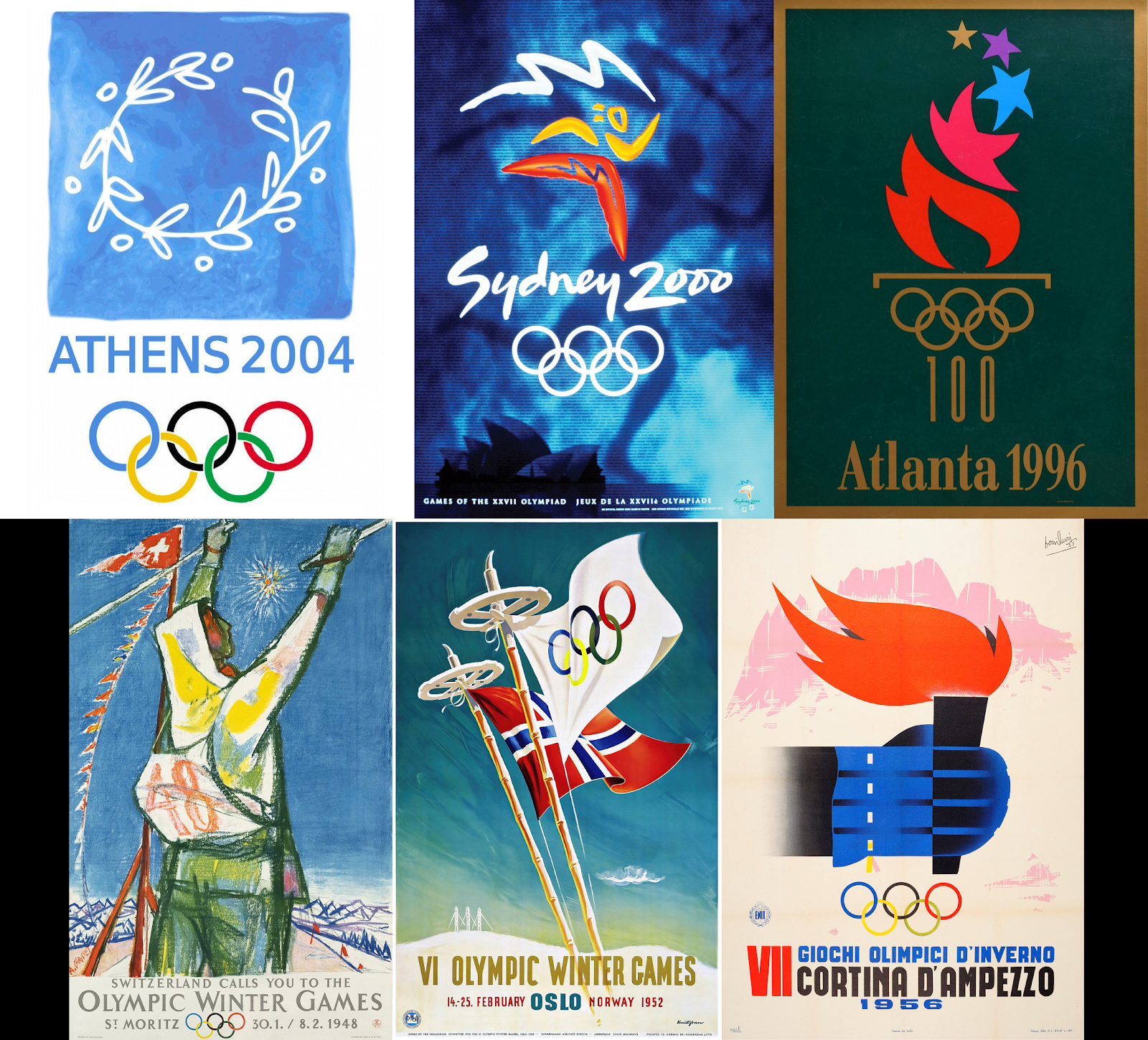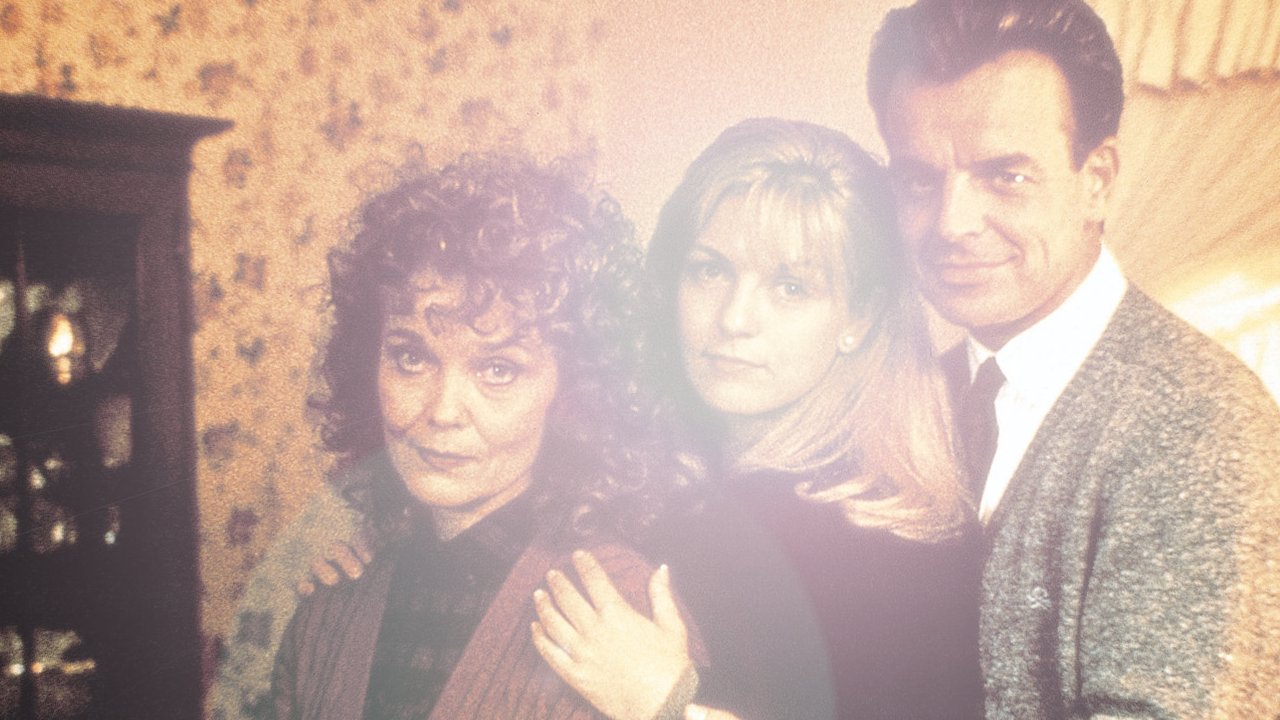Story (aired on April 12, 2015/written by Tom Smuts and Matthew Weiner; directed by Michael Uppendahl): Three women circle Don, and he ends up on the outs with all of them. The woman from Don's past (now distant), Betty Francis, finds him with his sleeves rolled up in her kitchen, making milkshakes for the boys he babysat while she and Henry attended a posh event. She tells him she's decided to get her Master's in psychology at Fairfield University - that people like to come to her to share their problems. Don, however, cannot do this and so as the fancy couple returns, he leaves his own family behind in their cozy kitchen. He and Betty are at peace but they severed their connection long ago and it looks like she wound up with the bigger half of the wishbone. The woman from Don's present (soon-to-be), Megan Draper, comes to New York to make some final moves toward divorce so Don casts the lawyers aside and signs over a check for a cool million after she berates him for being an "aging, sloppy, selfish liar." She is also scheduled to get her last things from his apartment. Her mother, in town to help (and of course judge) her wayward daughter, takes this to mean literally every single item but the carpet, emptying the place completely while Megan attends a disastrous meeting with Harry Crane (she's looking for an agent but he'd rather take her upstairs to the hotel room he's already booked). Worse, Marie invites Roger over to pay the movers' bill and then takes him to bed - defiling as well as robbing Don's abode, as Roger puts it (not that he refuses). By episode's end, Megan's blubbering sister Marie-France (Kim Bubbs), a sad housewife trying to enjoy her momentary escape to the city, informs Megan that their mother is now going to leave their father. "She's been very unhappy for a very long time," Megan scolds. "At least she did something about it."
Finally, the woman from Don's future (he hopes), Diana Baur, is tracked down by Don at another restaurant and invited to his apartment. They spend the night - several in fact - and she spills the beans. She came to New York from Racine, Wisconsin, after flipping a coin (it was Manhattan or San Francisco, and the east won). She was married for twelve years, no children. Well, actually, come morning and her discovery of Sally's empty room, she confesses that she did have a daughter who passed away. And, as a matter of fact, come evening and Don's visit to her own shabby apartment, she reveals that she also does have a second daughter, whom she abandoned in her grief. "I know you think you deserve this," Don insists, realizing that Diana is trying to punish herself. But it isn't clear that Diana views this fate as punishment. She does not want to forget about her dead child in Don's embrace. And so he exits the room and leaves a woman behind for the second time in the ironically-titled "New Business". (Megan, on the other hand, left him alone at the table with her engagement ring, or rather Anna Draper's...which is about all she left him with, as Don will discover when he finally gets home after a long day.) Of course, the episode title is literal as well as ironic, given the more light-hearted subplot about Peggy bringing legendary art photographer Pima Ryan (Mimi Rogers) onto a project. Pima ends up seducing the vulnerable Stan, who attempts and fails to impress the older woman with his own photos of girlfriend Elaine (Erica Piccininni). Pima then proceeds to flirt heavily with an uncomfortable Peggy. The scene in which Peggy and Stan find out they've both been hustled is exquisitely timed and delivered, with copywriter Ed (Kit Williamson) sealing the deal by his bemused reaction. Here we have a wacky threesome (with, perhaps, some important implications) to complement the three-way split that Don encounters in his own lonely odyssey.
My Response:
My Response:













